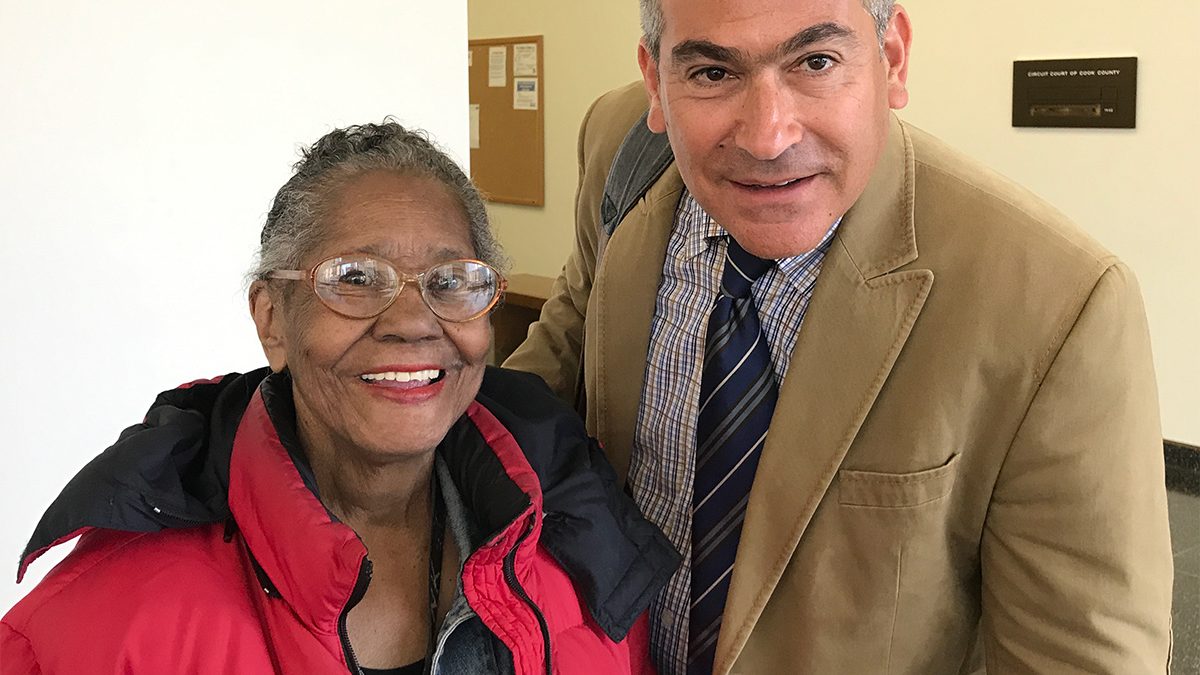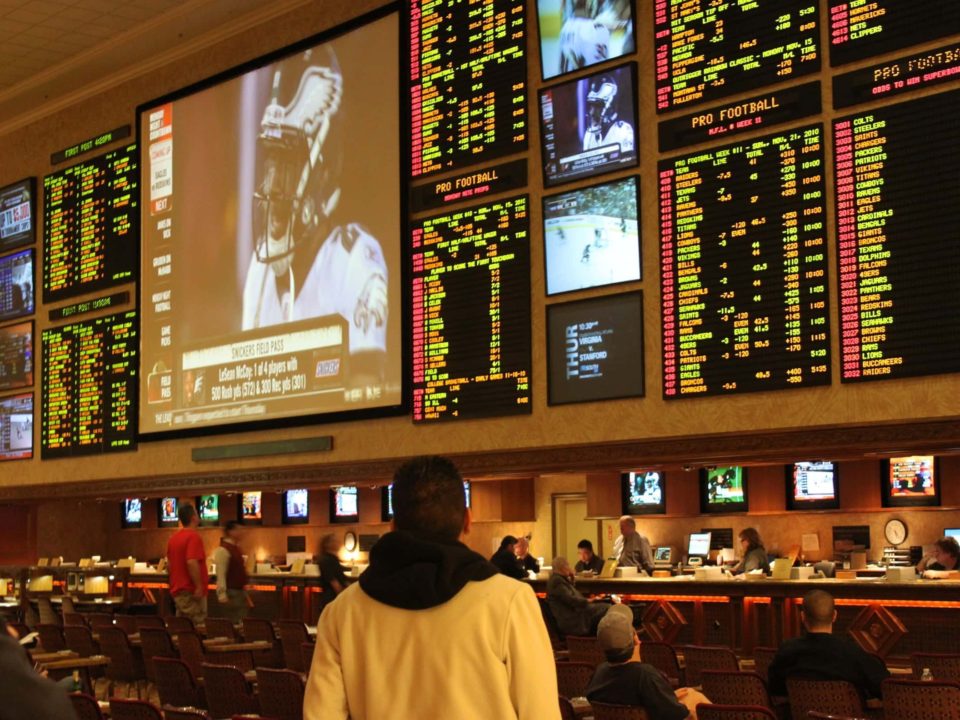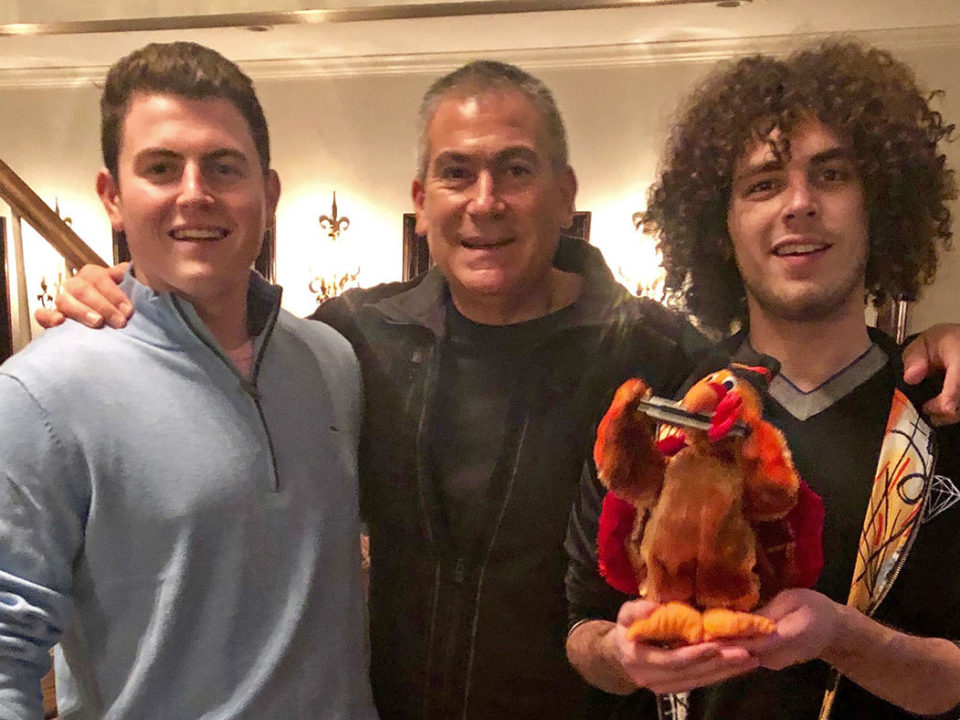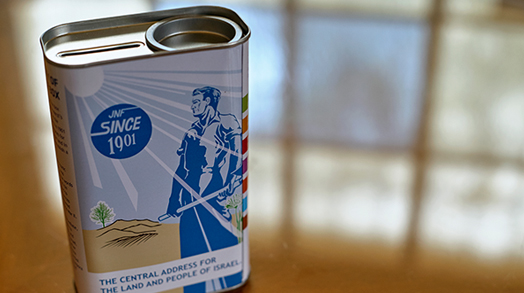Pro Bono Work and BUPD, Ltd. | Glenn Udell

Lawyers are not always viewed in a favorable light by the public. In 2013, a Pew survey found that only 18% of the public held attorneys in high regard, with fully 34% suggesting lawyers contribute little to nothing to society. Ouch!
As a practicing attorney, and one who is proud of his profession, I can understand the negative, visceral reaction that some might have towards lawyers. After all, you don’t typically call an attorney when you’re having a great day, unless you’re married to said attorney! Lawyers, especially those who litigate, are called in when there’s a dispute. This reality makes it fairly certain that after a case is concluded at least one party to the dispute walks away mumbling, “he’s not getting a birthday card!”
The History of Civil Legal Aid
Despite this negative perception, there have always been good souls in the legal profession who would offer civil legal assistance to the less fortunate. In the late 1800’s, if you were an attorney who attended a church or synagogue, it would be likely that you’d be enlisted to help those in need. When someone in the congregation required legal advice, and could not afford it, word would make its way through the rabbi or reverend to you. It was a loving, charitable way for lawyers to help those in need, but it wasn’t particularly efficient and often left the most vulnerable outside the congregation in need.
It wasn’t until 1876, and the formation of the Legal Aid Society in New York, that providing legal services to the poor became an organized, charitable endeavor. Established primarily as not-for-profit corporations, most legal aid societies had their own staff of attorneys who provided counsel to those who could not afford representation.
Even in the earliest days of legal aid, despite the best intentions and tireless effort, the counsel that the poor received was sometimes superficial and almost always rushed. It would, however, be unfair to criticize legal aid attorneys too harshly. They were doing their very best to handle the unimaginably broad scope of criminal and civil cases that walked through their doors. Legal aid advocates were, in a sense, jacks of all trades, but masters of none.
The Pro Bono Legal Movement and its Chicago Roots
At the dawn of the turbulent 1960’s, and with the advent of anti-discrimination and consumer protection laws, some in the legal profession began to question whether legal aid societies were enough. It seemed to some that the legal aid society attorneys, while dedicated and hard working, lacked sufficient numbers, experience and expertise to serve the underprivileged well.
With the Sixties as their backdrop, graduates from law school stepped outside of their lecture halls to find their campus and classmates consumed with the Viet Nam war, the push for civil rights and a heightened sense of social injustice. A growing number were moved by the disparity between the life they would live as well-compensated attorneys and the less fortunate around them.
It was in this moment that the pro bono legal movement was born. Rather than profitable law firms simply donating money to support legal aid organizations, a small but growing number of newly minted attorneys wondered out loud why all lawyers did not offer a small portion of their time and expertise to aid the indigent in need of competent legal help.

Founder of CVLS, John Ferren
The Chicago law community can take pride in having one of its own, John Ferren, as a leader in the pro bono legal aid movement. In 1964, Harvard Law graduate Ferren returned from Cambridge to his home in Evanston where he had accepted a position at the firm now known as Kirkland and Ellis. A man of faith and someone sympathetic to the nascent civil rights movement, Ferren was moved by his conscience to act. As John Ferren described it,
“When I got into law practice in the 1960s I saw how much success in litigation, or in any other area of law, depended on the money required for good counsel. This imbalance seemed profoundly wrong to me. I believed everyone who needed a lawyer should be able to have a lawyer. And by 1964 that had become my principal professional motivation. It is still the strongest professional concern I have today.”
Attorney Ferren channeled this commitment into his founding of the Chicago Volunteer Legal Services, an organization that recruited attorneys to donate a small portion of their time and expertise to clients unable to afford counsel. The key difference between the legal aid societies and Ferren’s program was that the legal advice was provided by practicing attorneys whose “day jobs” were elsewhere.
Today, Pro Bono work is not only expected of attorneys, some bar associations require it.
Pro Bono Work and Brown, Udell, Pomerantz & Delrahim Ltd.
At BUPD Law, LTD. we encourage our team members to seek out pro bono work. More importantly, we support their efforts with adjustments to their time and workload as necessary. As a practicing attorney who also is involved in litigation, I think I’m at my best when proactively seeking cases where my skills and experience align. As a member of the Federal District Court for the Northern District of Illinois Trial Bar we are required to accept pro bono appointments from the court. In addition to that commitment, I’ve made the choice to invest two (2) days each month at the Cook County Forcible Entry and Detainer Court, more commonly known as eviction court.
 While I acknowledge that pro bono work is good for the firm, and gratifying for me, helping those who might lose their home or apartment is a personal commitment that I hold dear.With the blessings of my Partners, I try to pick at least one (1) matter where a tenant cannot afford private counsel and take their case, or alternatively to have BUPD, Ltd., assist a needy tenant to pay the rent money needed to bring their lease and tenancy back into good standing.
While I acknowledge that pro bono work is good for the firm, and gratifying for me, helping those who might lose their home or apartment is a personal commitment that I hold dear.With the blessings of my Partners, I try to pick at least one (1) matter where a tenant cannot afford private counsel and take their case, or alternatively to have BUPD, Ltd., assist a needy tenant to pay the rent money needed to bring their lease and tenancy back into good standing.
As a result of my ongoing research into the Udell family’s history, I’m reminded of my paternal grandmother and her lonely experience with real estate and tax law in the 30’s. Bluma Tasz, a Jewish immigrant from Poland, came with her younger brother to the United States in 1920. She met my grandfather, Ben Udelevitz, shortly after her arrival and within a year they were married. After ten (10) years of marriage and two (2) children, including my father Arthur, my grandfather was tragically lost to a fire. As a result, my grandmother was left on her own to deal with a few pieces of property that my grandfather had labored for years to acquire. Speaking little English, and having a limited education, my grandmother was not equipped to keep or sell the properties alone. As the weeks turned into months after the tragedy, the properties fell to tax sales. My grandmother did not understand the law or how, for the want of a few dollars to pay back taxes, she could have kept or sold the properties.
In the end, with only her meager wages as a seamstress to support the family, my grandmother was forced to place her two (2) children, my father Arthur and my aunt Jean into a Jewish children’s home. (A story for another day.)
As I stand in the court hallway during my pro bono days, introducing myself to terrified people who are at the mercy of those better equipped to leverage the law, I sometimes think of my grandmother and what little effort it might have taken from an attorney to help her save the properties and her family.
I’m hopeful that the pro bono work in which my partners and I engage can both honor our love for the law and help those who might otherwise be victimized by the lack of proper representation.
- Illinois Sports Betting: Are the Odds Rigged Against Poorer Communities? - November 13, 2019
- A Blessed Thanksgiving in 2018 - November 20, 2018
- It’s More Than Planting Trees: The Jewish National Fund – USA - October 27, 2018





